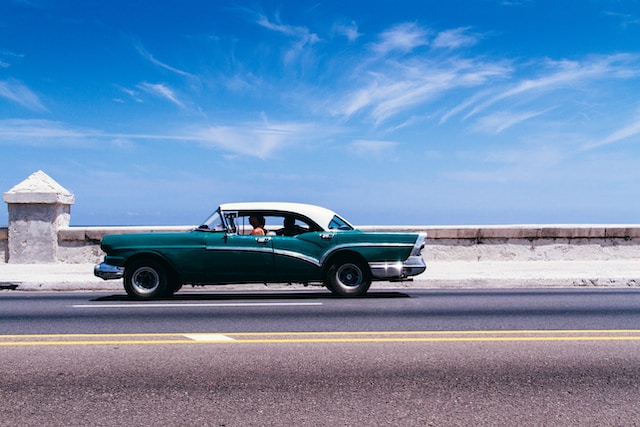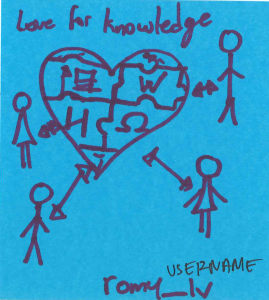
Cars have been an essential part of our lives for over a century, providing us with the freedom to go wherever we want, whenever we want. For veterans, this freedom can take on a special meaning, representing a return to civilian life and a chance to rediscover the world outside the military. In this blog, we will explore the significance of cars for veterans, the challenges they may face, and how organizations and communities come together to support these heroes in their journey to mobility and independence.
The Power of Mobility:
For many veterans, the transition from active duty to civilian life can be challenging. They face various hurdles, including finding employment, housing, and healthcare, among others. Access to reliable transportation can make all the difference in their ability to tackle these challenges successfully. A car represents more than just a mode of transportation; it symbolizes freedom, self-sufficiency, and the ability to reclaim their lives.
Challenges Faced by Veterans:
While the importance of mobility for veterans is clear, they often encounter unique obstacles in securing reliable transportation:
- Financial Constraints: Many veterans return home with limited financial resources, making it difficult to afford a vehicle and its associated costs.
- Disabilities: Some veterans may have physical or mental health issues stemming from their service, which can make driving a conventional car challenging or impossible.
- Lack of Credit: Veterans who have been away on active duty may not have established credit, making it challenging to secure a car loan.
- Limited Access: In rural areas or places with inadequate public transportation, veterans may struggle to access essential services and opportunities without a car.
Supporting Veterans with Cars:
Several organizations and initiatives across the United States are dedicated to assisting veterans in obtaining cars, addressing these challenges, and empowering them to lead fulfilling civilian lives:
- Veteran Car Donations: Numerous charities and nonprofits accept car donations and provide them to veterans in need. These organizations not only offer vehicles but also handle maintenance and insurance costs.
- Specialized Training: Some programs provide specialized driving training and adaptive vehicles for veterans with disabilities, ensuring they can safely and comfortably operate a car.
- Low-Interest Loans: Financial institutions and credit unions offer special loan programs designed to assist veterans in financing their vehicles at lower interest rates.
- Community Initiatives: Local communities often come together to support their veterans. This may include volunteer-based transportation services, car repair clinics, or even fundraising events to provide veterans with cars.
Conclusion:
Cars for veterans are more than just vehicles; they are symbols of gratitude and respect for their service and sacrifices. These initiatives and organizations, combined with the generosity of communities and individuals, enable veterans to regain their independence and navigate the challenges of civilian life more effectively. As we honor and support our veterans, let us remember the transformative power of mobility and continue to work towards a future where no veteran is left without the means to drive toward a brighter future.




